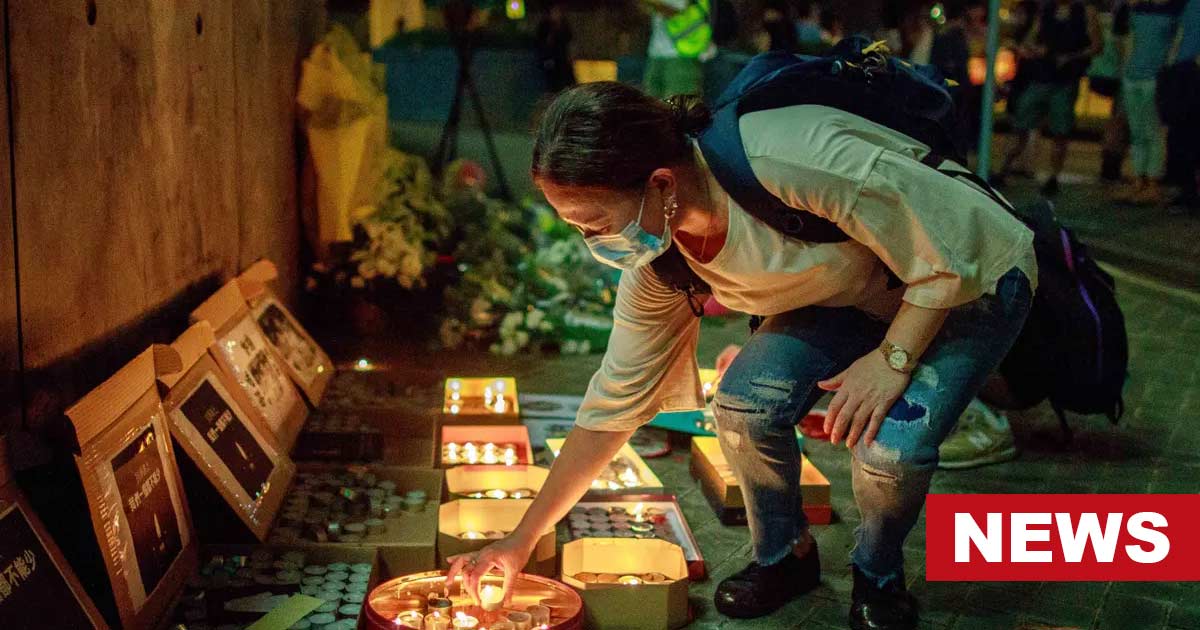Hong Kong’s mental health crisis requires the attention and collective effort of society, as government efforts are not simply enough. Recent tragic incidents in Diamond Hill and Sham Shui Po have once again brought the issue of mental health to the forefront of public discourse.
While the circumstances surrounding these events may differ, they highlight the urgent need for comprehensive mental health care and support services in Hong Kong. The responsibility falls not only on the government to allocate resources and establish effective policies but also on the entire community to address this pressing issue.
The challenges posed by the COVID-19 pandemic have further strained mental health resources, which were already limited even in normal times. The focus of health authorities shifted towards combating the virus, resulting in disruptions to health care services, including mental health care and support services in Hong Kong.
The pandemic itself has also contributed to a global mental health crisis, with prolonged isolation, school closures, job losses, and fear of infection leading to an alarming increase in anxiety and depression worldwide. The World Health Organization reports that these conditions have caused at least a 25% rise in the prevalence of these mental health issues.
The toll of surviving in such challenging times cannot be underestimated. Hong Kong has witnessed a surge in its suicide index, reaching crisis levels during the pandemic.
Shockingly, the city experienced record-high suicide rates among children under 15 in 2021. The number of students grappling with mental health problems has more than doubled over the past four years, surpassing 1,400 cases during the last school year alone.
While the government has taken some steps to address the growing mental health concerns, such as establishing the Advisory Committee on Mental Health in 2017, more needs to be done. This committee, comprised of relevant government departments, the Hospital Authority, experts, NGOs, and patient groups, aims to ensure adequate support for patients and communities.
However, the existing efforts still face obstacles, including a shortage of staff who can provide the necessary mental health care and support services in Hong Kong. The committee’s reviews of mental health policies have been criticized for lacking comprehensiveness, with a significant bias towards public hospitals, according to Hector Tsang Wing-hong, interim director of Polytechnic University’s Mental Health Research Centre.
While acknowledging the progress made by the government and the committee, particularly in their public awareness campaigns that aim to reduce the stigma associated with mental illnesses, it is essential to avoid setbacks in the wake of recent tragedies.
Stigmatizing individuals with mental health conditions can discourage them from seeking help. The Red Cross has expressed concerns about such stigmatization, having received distress calls from individuals with mental illnesses who worry about the labels and judgments they may face.
The government must also acknowledge the impact of its policies on the mental health of residents and take direct responsibility for addressing this issue. This cannot be delegated to a commission.
The tragic incidents in Diamond Hill and Sham Shui Po highlight the lack of opportunities and support available to non-Chinese-speaking ethnic minority groups, while students continue to face overwhelming academic pressure.
In order to combat Hong Kong’s mental health crisis, it is imperative that all stakeholders (individual, community, and government) work together to prioritize mental well-being, allocate sufficient resources, and develop comprehensive policies that address the diverse needs of the community.
By fostering an environment of understanding, empathy, and support, Hong Kong can take significant strides toward improving mental health outcomes for its residents.
Journalist Alice Wu, writing about how community support for mental health care can increase the effectiveness of government policies, said in an op-ed for the leading daily South China Morning Post: “We must be conscious of how the two recent tragedies could set back these efforts. Stigmatizing mental health patients could deter them from getting the help they need.
Here is where we can all do our part in helping the city to come to terms with the trauma and loss of innocent lives: simply by being mindful of what we say. Not insulting people by calling them “mental” would be a good start … Accepting that we are all vulnerable to the stresses of daily life will enable us to be better aware of our own mental well-being and that of loved ones.”









